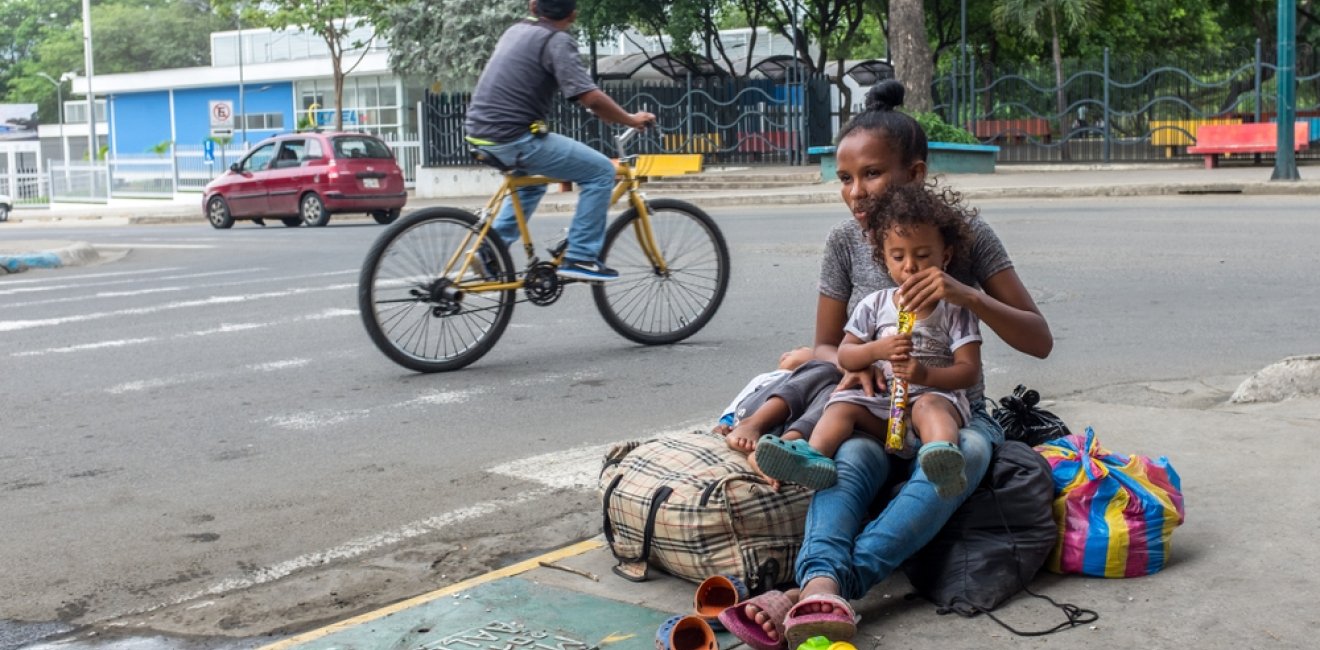
A blog of the Latin America Program
Since 2014, over 6 million Venezuelans have left their country due to political turmoil, economic instability and a chronic humanitarian crisis, the second-largest displacement worldwide, behind only Syria. For years, most of this migration has taken place within Latin America, where countries have shouldered enormous financial and administrative burdens, with only modest international assistance, to support these refugees and migrants. Colombia, for example, has granted a ten-year temporary protection status for over 1.8 million Venezuelans. But as the Venezuela crisis grinds on, it is spurring calls for a longer-term solution and greater burden sharing. President Gabriel Boric of Chile recently suggested the use of quota laws based on the European system to distribute displaced Venezuelans throughout the Americas. For his part, Secretary of State Antony Blinken hosted a migration summit in April in Panama to discuss hemispheric cooperation on migration, an issue expected to come up again at the Summit of the Americas in June in Los Angeles.

Author


Latin America Program
The Wilson Center’s prestigious Latin America Program provides non-partisan expertise to a broad community of decision makers in the United States and Latin America on critical policy issues facing the Hemisphere. The Program provides insightful and actionable research for policymakers, private sector leaders, journalists, and public intellectuals in the United States and Latin America. To bridge the gap between scholarship and policy action, it fosters new inquiry, sponsors high-level public and private meetings among multiple stakeholders, and explores policy options to improve outcomes for citizens throughout the Americas. Drawing on the Wilson Center’s strength as the nation’s key non-partisan policy forum, the Program serves as a trusted source of analysis and a vital point of contact between the worlds of scholarship and action. Read more

Explore More in Weekly Asado
Browse Weekly Asado
Dengue Haunts South America’s Summers

Lessons from Costa Rica’s Economic Transformation

Women and Latin America’s Digital Revolution

